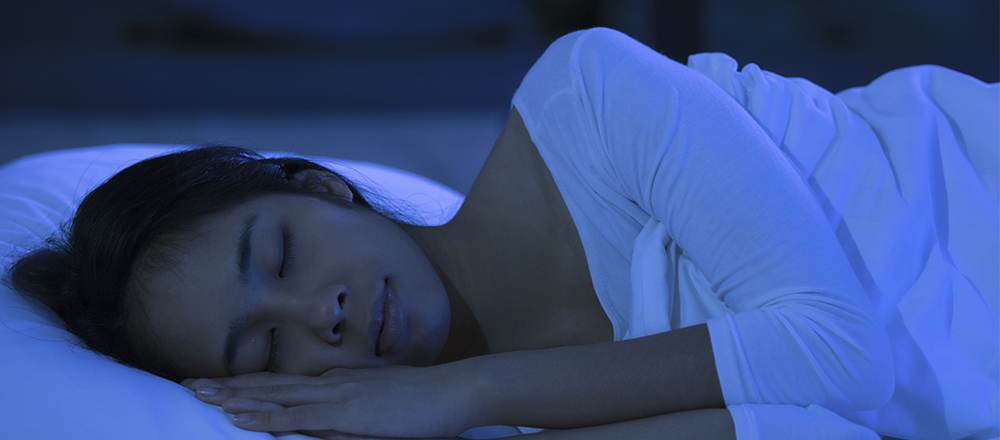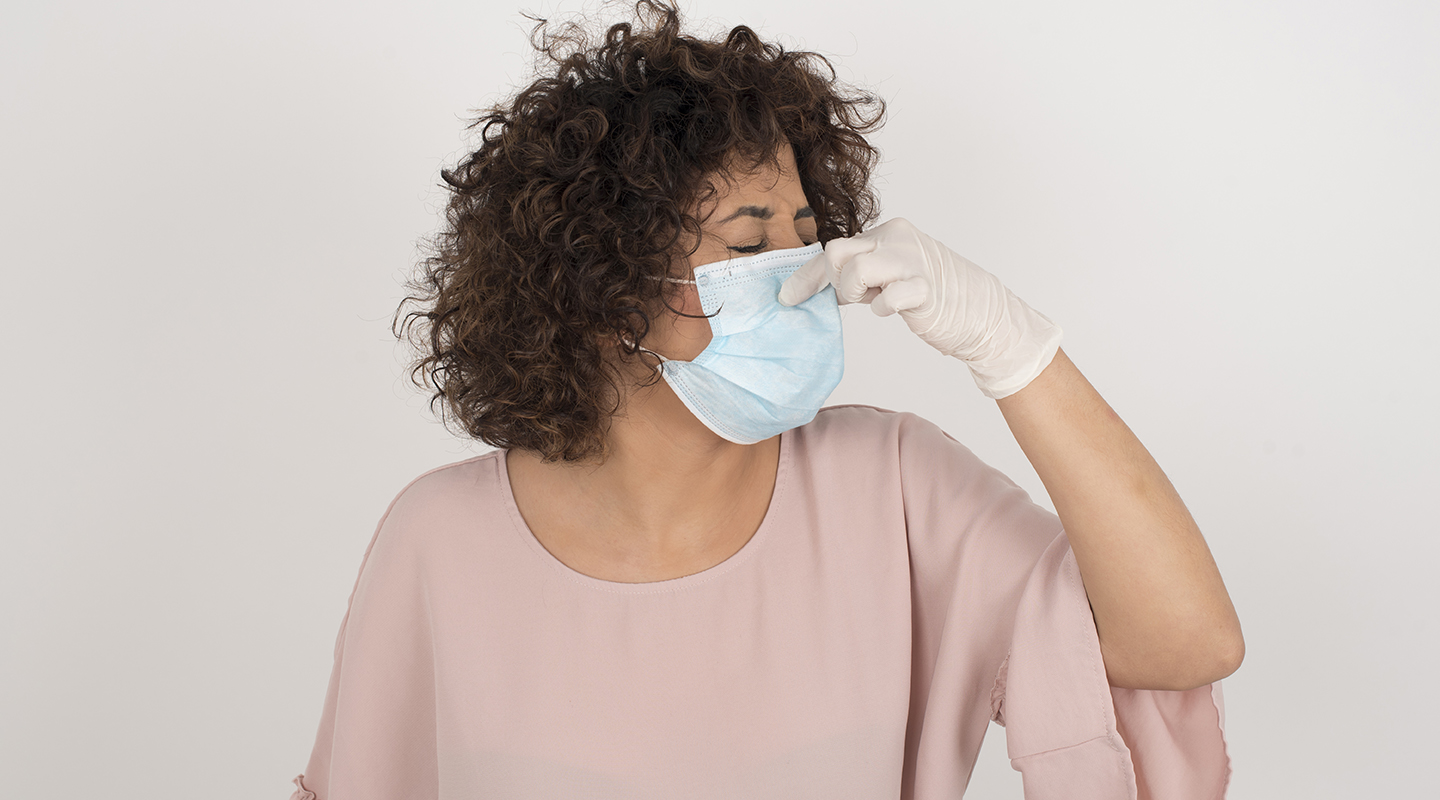
With more hours of daylight during summertime, it’s tempting to pack more activities into your days and nights. The problem? Many people start to encounter fatigue. That’s right, longer days don’t give you license to get less sleep. Even when your daily routine changes, you still need a good night’s sleep.
Expert Advice
Scott M. Shorten, MD, a neurologist with Meritas Health Neurology, shares sleep tips in this video.
ABCs of Sleep Needs
Healthy adults need 7-9 hours of sleep every night — not just over the weekends, or as your schedule allows. For some adults, a solid seven hours of sleep may not be enough.
To determine how much sleep you need, ask yourself these questions:
- Do I feel happy and productive the next day?
- Do I feel tired during the day, or am I having trouble concentrating?
- Am I overly reliant on caffeine to stay alert?
Once you’ve collected some sleep data, experiment with different regimens within the recommended 7-9-hour sleep window, discovering what leaves you feeling your best.
Tips for Better Sleep
Perhaps you know how much sleep you need, but you still have trouble getting it. If that’s the case, try these tips.
- Establish a sleep schedule. Sleep training isn’t just for babies. Adults need to establish a sleep schedule that ensures they get the proper amount of sleep every night.
- Create a sleep sanctuary. From sheets, to room temperature, to what you do once your head hits the pillow, good sleep relies on the little things. Experts advise leaving the electronics outside of the bedroom, so you can limit your bright or blue light exposure before bed. Keeping the bedroom temperature between 60-67 degrees while you’re sleeping may also help.
- Eliminate disruptions. Despite popular belief, a night cap can sabotage your sleep. The reason? While drinking alcohol may help you fall asleep sooner, it can make it difficult to stay asleep. And in some instances, alcohol can exacerbate existing sleep issues like sleep apnea. Drinking caffeine too late in the day may also disrupt your sleep.
Take an online self-test for sleep or read more about sleep health.


